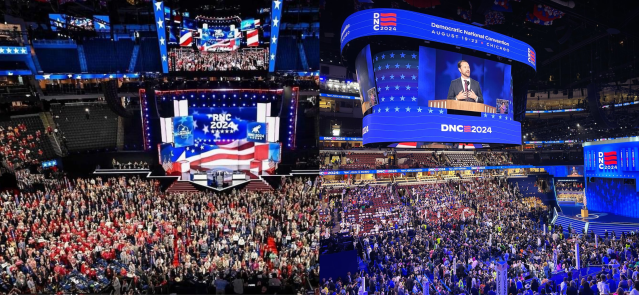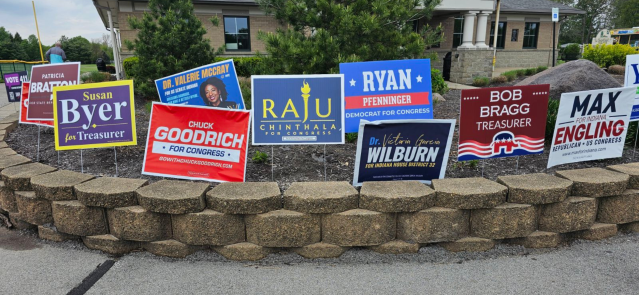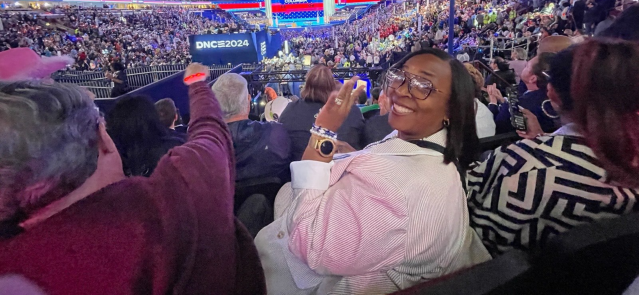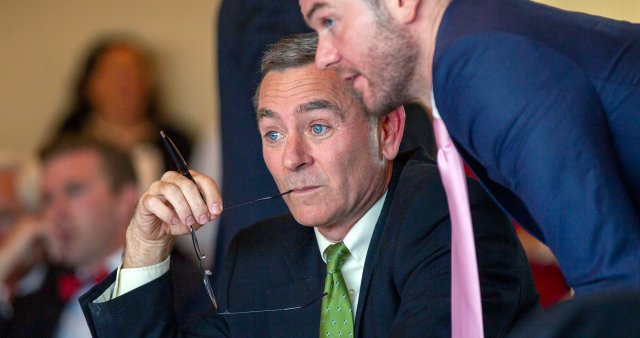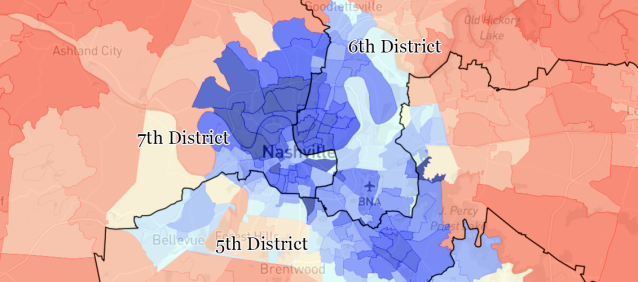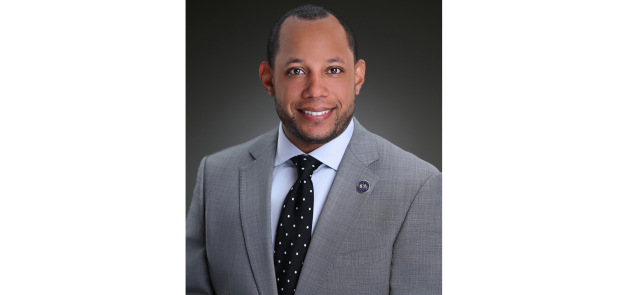SOUTH BEND, Ind. — For many decades, a difference in tone of flag-waving patriotism was evident in the back-to-back national political conventions. Each party, then as now, stressed policies deemed best for America.
Democrats pointed more to problems — unemployment, health care, war in Vietnam. Republicans talked more, as Ronald Reagan did, about America as “a shining city upon a hill.”
Patriotic music played for balloon drops at each convention. Republicans were just a bit louder in their cheers for the land of the free. Democrats cheered as well, but with just a bit more restraint as they fretted over restraints on freedom.
There still are different tones at the national conventions. More pronounced than ever. But it’s the reverse of what it was.
The Democratic National Convention speech by Steve Kerr, coach of the USA Basketball Men’s Olympic Team and the head coach of the Golden State Warriors, exemplified the difference in tone.
“USA! USA! USA!” delegates chanted again and again, loudly and proudly, hailing America’s dramatic wins in men’s and women’s basketball and other Olympic competitions.
Kerr praised American stars on his team in Paris for “putting aside rivalries to represent our country.” He looked to a future when all Americans would be on the same team — united, not divided. He also smiled and joked while delivering his message.
At the Republican National Convention, a glowering Donald Trump portrayed America as having become “a banana republic.”
Trump describes America not as “a shining city upon a hill” but as a nation in decline, “going down the drain.”
Kerr noted he had appeared before in front of a big crowd at Chicago’s United Center. He played there with the Chicago Bulls on championship teams. He said young people wondering about that could google the name “Michael Jordan.”
He spoke “coach to coach” to Tim Walz, the Democratic vice presidential nominee, who was in attendance. He joked that Walz, as a high school football coach, once put “way too much reliance on the blitz in 1999 against Mankato East.”
Well, he said that’s the type of second guessing that he and other coaches face.
Walz laughed. He also likes to joke and laugh.
That’s a part of the difference in tone. Do you laugh if the theme is that the country is beset with problems, going down the drain?
Trump doesn’t laugh. He denounces the laugh of Kamala Harris.
The difference is also evident in the running mates. JD Vance, the Republican vice presidential nominee, joins in glowering, warning that “childless cat ladies” lead Democrats with the intent to make America miserable.
Which approach will work? We’ll see. Historically, the “shining city” approach has worked, and so, at other times, has the warning of a nation in trouble. It depends on the times and the messengers.
A sports figure might not seem to be a very effective messenger.
Kerr, however, long has been a thoughtful speaker on national issues, with his concern for matters beyond the basketball court going back to when he was 18. That’s when his father was assassinated in Lebanon in 1984 by militants while serving as president of the American University of Beirut.
He has spoken out passionately for gun control after school shootings.
Kerr told delegates that he believes leaders should display dignity, tell the truth, be able to laugh at themselves and care for the people they lead.
“When you think about it this way, this is no contest,” Kerr said. He endorses Harris and Walz.
Closing with humor, not vitriol, Kerr said that after presidential results are tallied, “We can, in the words of the great Steph Curry, we can tell Donald Trump, ‘Night, night.’”
As Curry did, after hitting shots to doom France in the gold medal game, Kerr put hands to the side of his head to signal sleep time, next time, for Trump.
Jack Colwell has covered Indiana politics for over five decades for the South Bend Tribune. Email him at [email protected].
